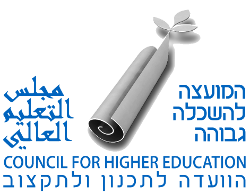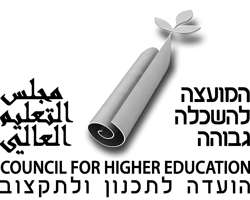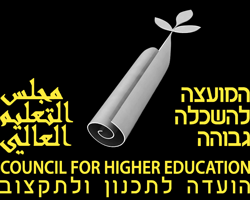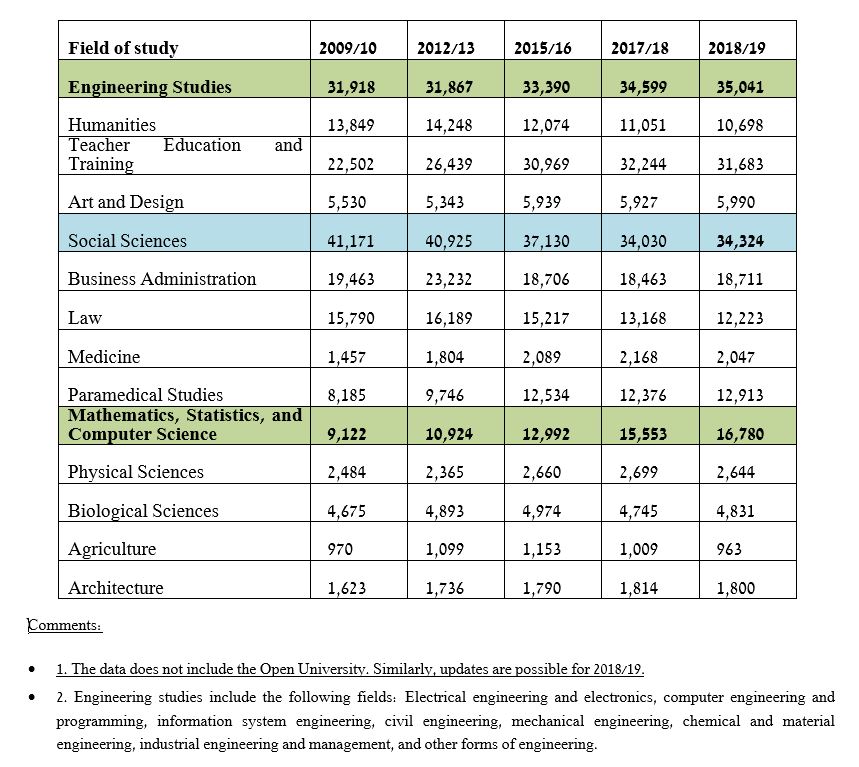Engineering Studies Is the Most Popular Course of Studies in Israel
Press Release – Collection of Data for Start of Year 2019/2020
- One in four students – More than 50,000 students in Israel are enrolled in an engineering studies program or in a computer science and mathematics program.
- This is the second straight year in which engineering studies (35,041) surpassed the social sciences (34,324). For several decades, the social sciences were considered the most sought after course of studies.
- In the course of a decade: A jump of 80% in the number of computer science students. In the 2018/19 academic year, 16,780 students studied computer science (including mathematics and statistics) as opposed to just 9,122 in the 2009/10 academic year.
- Throughout the decade, there have been decreases of approximately 20% to 25% in law and business administration programs, which had been considered, at the start of the decade, to be very sought after.
- The decrease in humanities: The CHE is promoting a program to promote the humanities, including integrating them with other fields of study.
- Impressive achievement for the national plan to reinforce engineering and high-tech professions: From 2018/19 data, we see that this is the second consecutive year in which engineering studies have the highest enrollment in Israel (35,041 students constituting approximately 18.4% of students).Engineering studies have thus surpassed social sciences (34,324 students constituting 18% students) which, throughout the years, had been considered the most popular course of studies in Israel. Reinforcement of high-tech courses is also expressed in an impressive 80% jump in the number of students enrolled in mathematics, statistics, and computer science programs (16,780 students in the 2018/19 academic year as compared to 9,122 students in the 2009/10 academic year).
The weighted data shows that one out of every four students (more than 27%) in Israel studies engineering and computer science, mathematics, and statistics (51,821 students out of 190,648 undergraduate students).
Undergraduate Fields of Study – Multiyear View for the Decade
In the framework of the multiyear high-tech tracks reinforcement plan and in light of the government’s decision on the matter, the PBC allocated incentives in the amount of hundreds of millions of shekels to academic institutions in order to absorb students, hire academic staff, and build and upgrade research and instruction infrastructures in addition to encouraging development of innovative curricula in high-tech fields. The CHE believes that this trend is expected to continue and expand in the coming years as well.
The data further demonstrated that throughout the decade, there have been decreases of approximately 20% to 25% in law and business administration programs, which had been considered, at the start of the decade, to be very sought after. The number of law students decreased from 15,790 in the 2009/10 academic year to 12,223 in the 2018/19 academic year, and business administration students decreased from a peak of 23,232 students in the 2012-2013 academic year to just 18,711 students in the 2018/19 academic year.
The downward trend in humanities studies: The CHE hopes to complete the program to promote the humanities at universities in the near future while making them accessible to a large variety of students and integrating them into various fields of study.
The CHE emphasizes that developments in technology warrant an appropriate response in the academic world, leading to the modification of the traditional distribution of departments and schools, the elimination of barriers, and the creation of interdisciplinary curricula that will impart a variety of tools to their graduates. Thus, students enrolled in high-tech, exact sciences, economics, and business administration programs will be able to integrate philosophy, literature and art, history, culture studies, etc. into their degree program.



